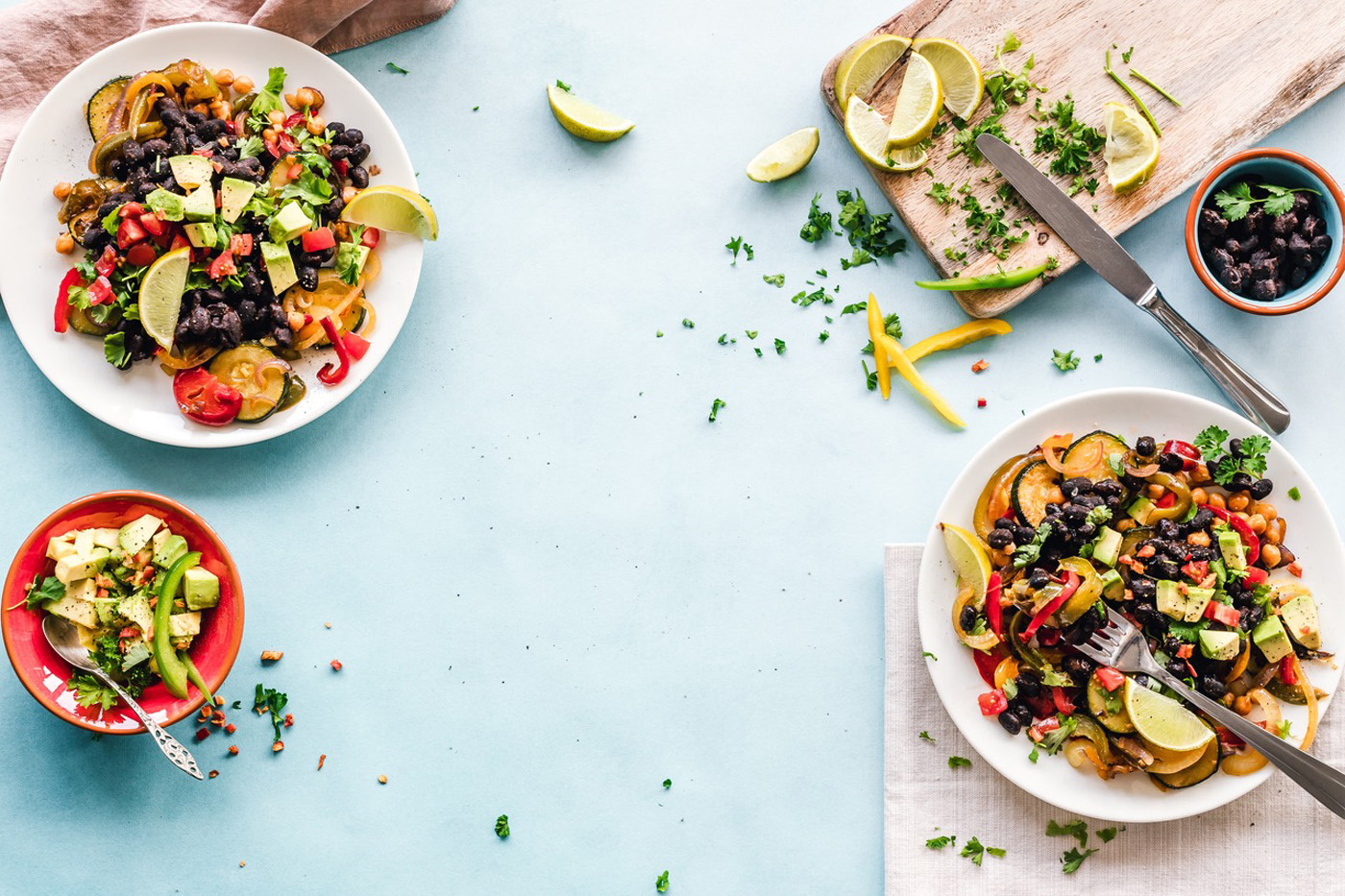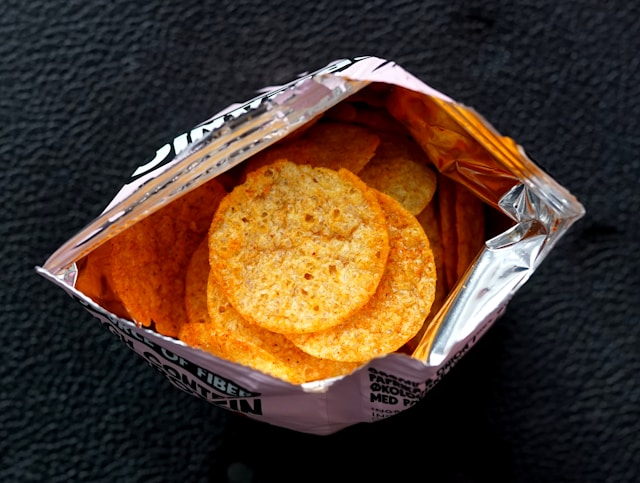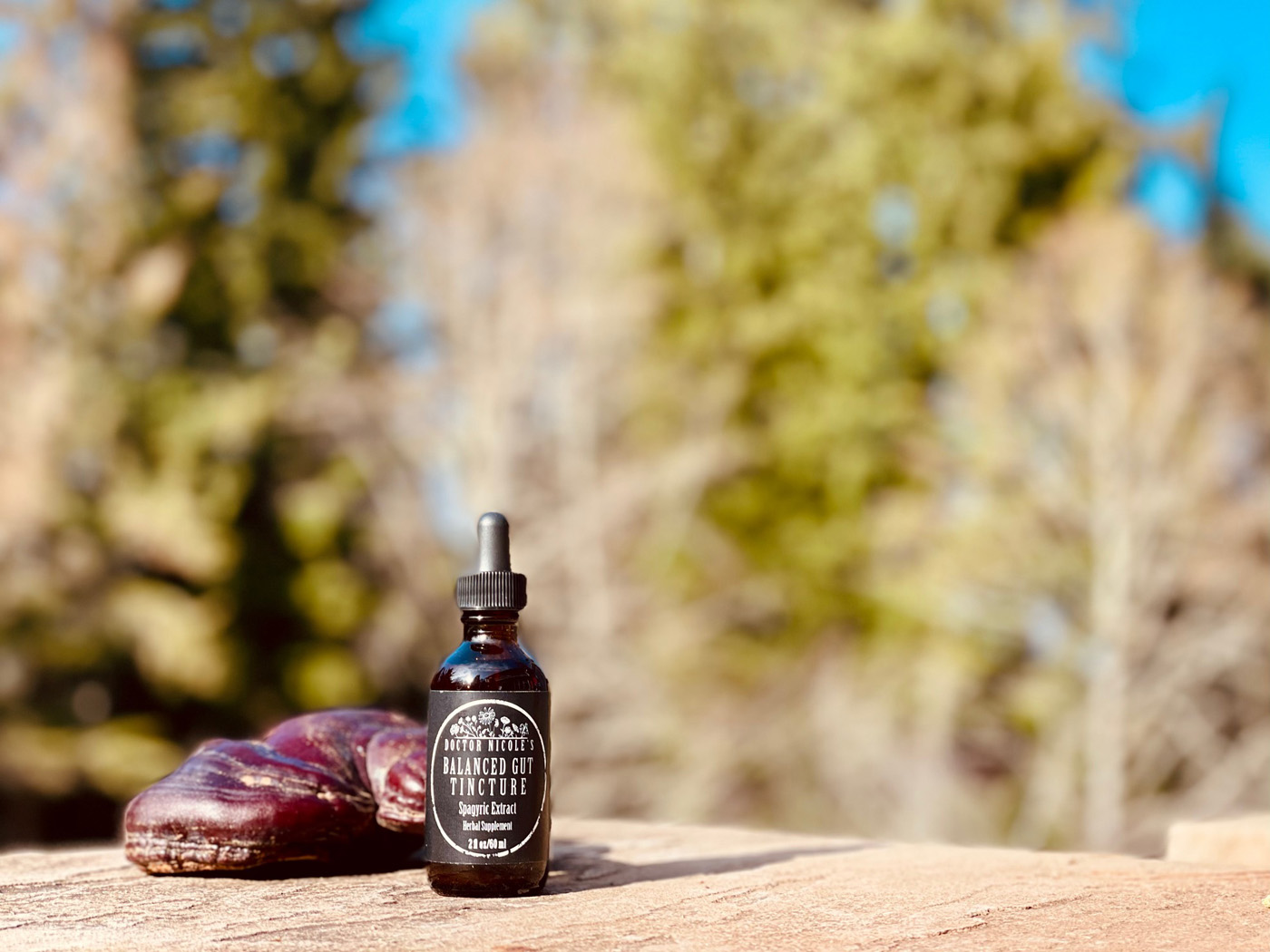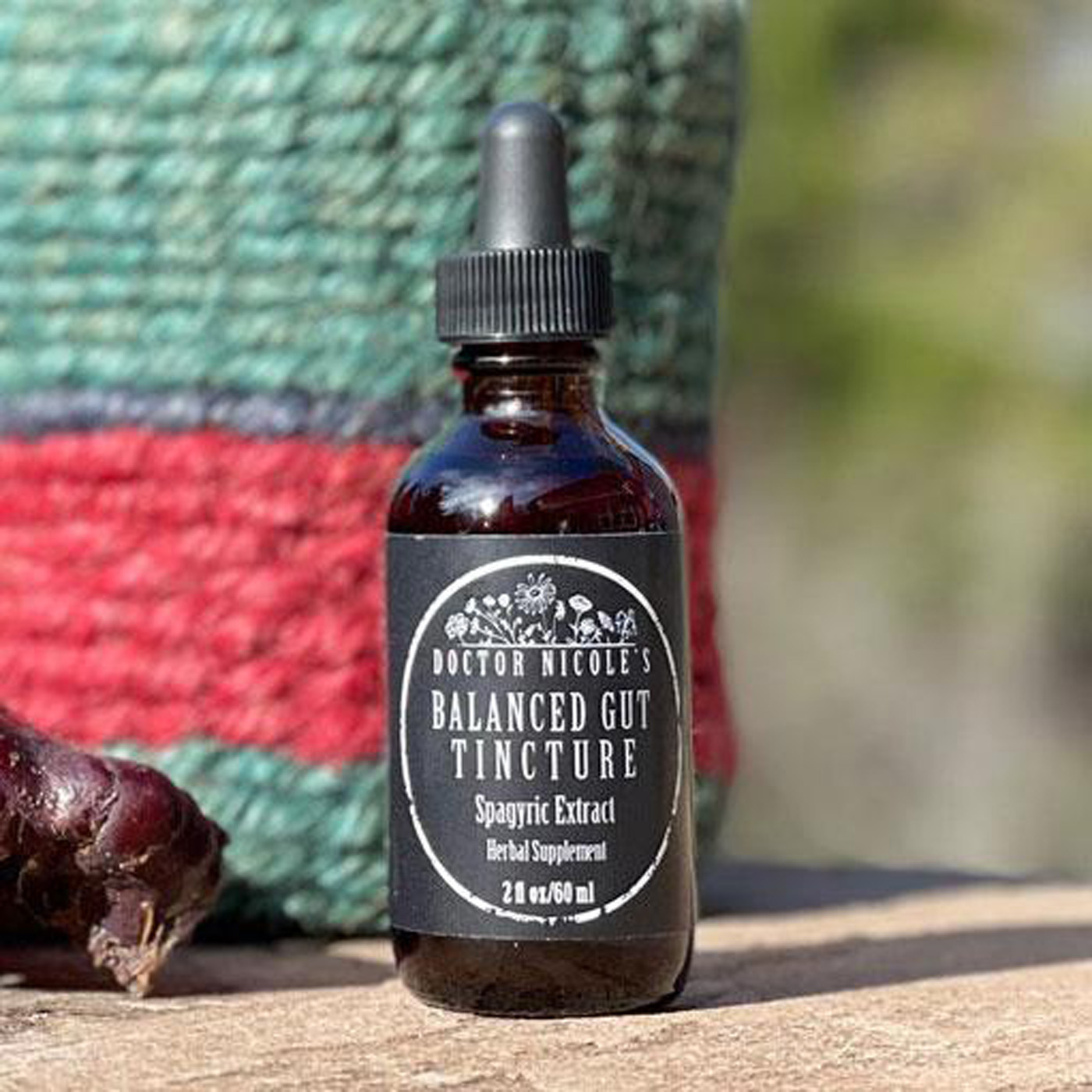The French and Ketogenic Paradox
Against the tide of long-standing advice, it may surprise you to learn consuming fat and sugar aren’t the health-destroying villains researchers once thought they were. In fact, fat and sugar have been a part of traditional diets from the beginning. This point is driven home when we look at a classic French diet, which is infamous for its fat-heavy meals with plenty of dairy, cream, and sauces. Or ask anyone on a ketogenic diet and more often than not, they will tell you it is the best they have felt in years and have the slim waistline to prove it. Others have found success with high-carb diets that embrace abundant fruit, grains, potatoes, and naturally sugar-rich foods. What is going on?

The Best All-Around Diet: Separating Fact From Fiction
If you are confused about the myriad of diet choices available, you are not alone. There are currently over 30 popular diets, many of which are designed for shedding excess weight2 The Centers for Disease Control and Prevention found between 2015-2018, 17% of US adults aged 20 and over were on a special diet for weight loss, diabetes, to lower cholesterol, or to restrict carbohydrates.1 The most common type was for obesity or losing excess weight. For our purposes here, we will be focusing on the best diet for overall health, which includes maintaining a healthy weight.
When all is said and done, limiting diets such as carnivore and very low-carb can provide initial weight loss and the resulting health benefits, but over time these eating plans are difficult to sustain and can stress the cardiovascular system, along with the kidneys. They can also increase the risk of cancer.7 Likewise, strict ketogenic diets also pose health risks, including cancer, heart disease, kidney stones, constipation, altered gut bacteria, nutrient deficiencies, and lowered bone strength.3,4,5,6
With this in mind, you may be surprised to learn one of the best diets you can adopt has a relatively high fat content and includes abundant carbohydrates and natural sugars. It’s the well-known Mediterranean diet. For years it has been the darling of researchers and physicians alike — and for good reason. It is heart-friendly, promotes bone and joint health, and is helpful for diabetics. It also drives the point home that the type of fat you consume matters, much more than the amount consumed.
In the Seven Countries Study8, which was conducted over the course of 50 years and examined the effect diet and lifestyle had on cardiovascular disease in Greece, Italy, Japan, Finland, Croatia and Serbia, the Netherlands, and the United States, researchers found participants could consume up to 40% of their total caloric intake in fat and maintain heart health — with one caveat: it needed to be mostly unsaturated. This includes fats from nuts, seeds, and olive oil.
Additionally, the diet is rich in whole foods, thereby providing abundant fiber, antioxidants, and other important nutrients. Fruit, vegetables, whole grains, beans, legumes, and herbs/spices are the cornerstone of the diet with moderate amounts of poultry, eggs, cheese, and yogurt. Seafood and fish are consumed at least twice per week, and red meat is reserved as an occasional indulgence.
The key here is the Mediterranean diet is heavy on whole, minimally processed foods, which brings us to our next consideration: the root cause of expanding waistlines and plummeting health in South America.

The Role of Ultra-Processed Foods in Poor Health Outcomes
In the Wired magazine article, “Fat, Sugar, Salt … You’ve Been Thinking About Food All Wrong”, Carlos Monteiro, a nutritionist in Brazil, noticed a strange phenomenon: between 1975 and 2009, Brazilians were purchasing significantly less oil, sugar, and salt than in the past — but the rate of obesity in adults had more than doubled.9
Instead of consuming the traditional diet of rice, beans, and vegetables, the population was instead eating a diet filled with prepackaged snacks, sweets, bread, and sausages. While it may seem obvious that expanding girths are the direct result of swapping out healthy whole foods for processed food, Monteiro suspected there was much more to the equation. It wasn’t simply a matter of ingredients and nutrients, the problem was deeper and involved “how the food was processed, how quickly we ate it, and the way it was sold and marketed.” In other words, an increase of consuming ultra-processed foods.
Monteiro created a new food classification system (NOVA) with four categories: minimally processed foods, such as fruits, vegetables, grains, beans, and minimally processed meats; and processed culinary ingredients. Think: oils, butter, and sugar; and processed foods including canned fruits and vegetables, smoked meats, bread, pasta, and cheese.
The final group and the real culprit of declining health and increasing obesity include foods that are ultra-processed and utilize industrial processes: hydrogenation molding, carbonization, preferring, or extrusion. Many times, they incorporate additives to make the food highly palatable or include high levels of fat, sugar, and salt in excessive amounts not normally found in whole foods. These foods are designed to be addicting and displace less flavorful, freshly prepared meals. In short, “Every day from breakfast to dinner you are consuming something that was engineered to be overconsumed,” says Monteiro.9
It is not just in Brazil, ultra-processed foods are pervasive around the world. These convenience foods make up 57 percent of the average diet in the United Kingdom, 60 percent in the United States — and these percentages can be much higher in developing nations because they tend to be less expensive than whole foods.
Cereal bars, canned soup, cookies, chips, sweets, crackers — all are considered ultra-processed, regardless of whether they use organic, “clean”, plant-based, or “healthy” ingredients. These foods often pack on the pounds — or worse.
Overconsumption of ultra-processed foods is associated with an increased risk of colorectal and breast cancer, obesity, depression, and all-cause mortality.9 A 2019 randomized controlled trial published in the journal Cell Metabolism established it is not the fat, sugar, or salt that’s the problem, but the way the food is processed so you are eating much more of it.10
In the study, participants were given either a diet of whole foods or ultra-processed foods for the span of two weeks, then they were switched to the other diet for an additional two weeks. For both, the portions were doubled so the participants could eat as much as they wanted. Importantly, each diet contained the same amount of protein, fat, carbohydrates, salt, fiber, and calories.
The results were surprising. With the ultra-processed diet, people consumed approximately 500 more calories per day and gained two pounds of weight, whereas those on the whole food diet ate fewer calories and lost weight — even though the diets were nutritionally matched. This suggests it wasn’t the salt, sugar, and fat content causing the issue, but something different in the way the food is processed and the impact it had on the reward center of the brain, similar to what you see with addiction.
While researchers continue to explore why ultra-processed foods wreak havoc with health, one aspect is clear: regardless of the reason, these foods are harmful for health and cause significant weight gain. Because of this, it’s best to avoid highly processed foods altogether and opt for a whole food diet, such as what we see modeled with a Mediterranean diet. We also should tend to our gut for optimal nutrient absorption, lowering the risk of chronic disease, improving microbiome health, and maintaining an optimal weight.

Why Gut Health Matters for Weight Management and Avoiding Chronic Illness
Healing and supporting the gut and microbiome are crucial for overall health and well-being — including keeping your weight within a healthy range. As I wrote in “The Key to Healthy Weight Loss — It’s Not What You May Think.“:
” … researchers have isolated a gut bacteria and single-celled organism implicated in obesity — Prevotellaceae and Archaea, respectively. … Another study found when gut bacteria known for producing butyrate were supported, it led to weight loss. Their recommended method to do this? Consume probiotics. These can be found in active yogurt, kefir, kimchi, sauerkraut, miso, tempeh, and kombucha. Eating a diet high in fiber and prebiotics also encourages a thriving microbiome and butyrate production.”
When the microbiome is imbalanced, it can lead to the development of autoimmunity, depression, anxiety, metabolic syndrome, chronic fatigue syndrome, ALS, osteoporosis, and even cavities.11 This is why looking after the gut is the foundation for overall health.
If you struggle in this area, several herbal remedies are effective in restoring healthy gut function and encouraging a robust microbiome. Both reishi and lion’s mane medicinal mushrooms help to tame inflammation, while turkey tail is an excellent source of prebiotics that feed beneficial bacteria and control the overgrowth of candida. Plantain is an outstanding anti-inflammatory that also soothes the mucous membranes in the digestive tract. Then there is slippery elm and marshmallow. Both form a protective layer that helps the gut to regenerate.
THIS GAVE MY MOM HER GLOW BACK
“I bought this [Balanced Gut Blend] for my mom who suffered from debilitating bouts of diverticulitis. She was afraid to use it at first but I finally convinced her to give it a try. She tried a dose before bed and without realizing it, she woke up with NO pain!! She felt like she had more energy and focus to get through the day. I didn’t see her for a month and WOW!! My mom looks so much better. She doesn’t look run down and dull anymore. She got her glow back and doesn’t crave junk food anymore.” -Melisa
Seeking an easy-to-use blend of these herbal medicines? I have you covered! Each is found in my potent Balanced Gut Tincture. Visit the apothecary today and discover the power of natural remedies for yourself!
Nicole Apelian
Nicole’s Apothecary Products in this Post
References
- “Special Diets Among Adults: United States, 2015–2018”, Bryan Stierman, M.D., M.P.H., Nicholas Ansai, M.P.H, Suruchi Mishra, Ph.D., and Craig M. Hales, M.D., M.P.H, Centers for Disease Control and Prevention. https://www.cdc.gov/nchs/products/databriefs/db389.htm
- “U.S. News Best and Worst Diets for 2024” Gretel Schueller, U.S. News & World Report. https://health.usnews.com/wellness/food/articles/best-diets-2024\
- Heikura, I. A., Burke, L. M., Hawley, J. A., Ross, M. L., Garvican-Lewis, L., Sharma, A. P., McKay, A. K. A., Leckey, J. J., Welvaert, M., McCall, L., & Ackerman, K. E. (2020). A Short-Term Ketogenic Diet Impairs Markers of Bone Health in Response to Exercise. Frontiers in endocrinology, 10, 880. https://doi.org/10.3389/fendo.2019.00880
- Fung, T. T., van Dam, R. M., Hankinson, S. E., Stampfer, M., Willett, W. C., & Hu, F. B. (2010). Low-carbohydrate diets and all-cause and cause-specific mortality: two cohort studies. Annals of internal medicine, 153(5), 289–298. https://doi.org/10.7326/0003-4819-153-5-201009070-00003
- Paoli, A., Mancin, L., Bianco, A., Thomas, E., Mota, J. F., & Piccini, F. (2019). Ketogenic Diet and Microbiota: Friends or Enemies?. Genes, 10(7), 534. https://doi.org/10.3390/genes10070534
- Choi, J. N., Song, J. E., Shin, J. I., Kim, H. D., Kim, M. J., & Lee, J. S. (2010). Renal stone associated with the ketogenic diet in a 5-year old girl with intractable epilepsy. Yonsei medical journal, 51(3), 457–459. https://doi.org/10.3349/ymj.2010.51.3.457
- Pan A, Sun Q, Bernstein AM, et al. Red Meat Consumption and Mortality: Results From 2 Prospective Cohort Studies. Arch Intern Med. 2012;172(7):555–563. doi:10.1001/archinternmed.2011.2287
- Seven Countries Study. https://www.sevencountriesstudy.com/study-findings/
- “Fat, Sugar, Salt … You’ve Been Thinking About Food All Wrong” Matt Reynolds, Wired Magazine, February 22, 2023. https://www.wired.com/story/ultra-processed-foods/
- Hall, K. D., Ayuketah, A., Brychta, R., Cai, H., Cassimatis, T., Chen, K. Y., Chung, S. T., Costa, E., Courville, A., Darcey, V., Fletcher, L. A., Forde, C. G., Gharib, A. M., Guo, J., Howard, R., Joseph, P. V., McGehee, S., Ouwerkerk, R., Raisinger, K., Rozga, I., … Zhou, M. (2019). Ultra-Processed Diets Cause Excess Calorie Intake and Weight Gain: An Inpatient Randomized Controlled Trial of Ad Libitum Food Intake. Cell metabolism, 30(1), 67–77.e3. https://doi.org/10.1016/j.cmet.2019.05.008
- “Gut Health” https://nicoleapelian.com/?s=gut+health






